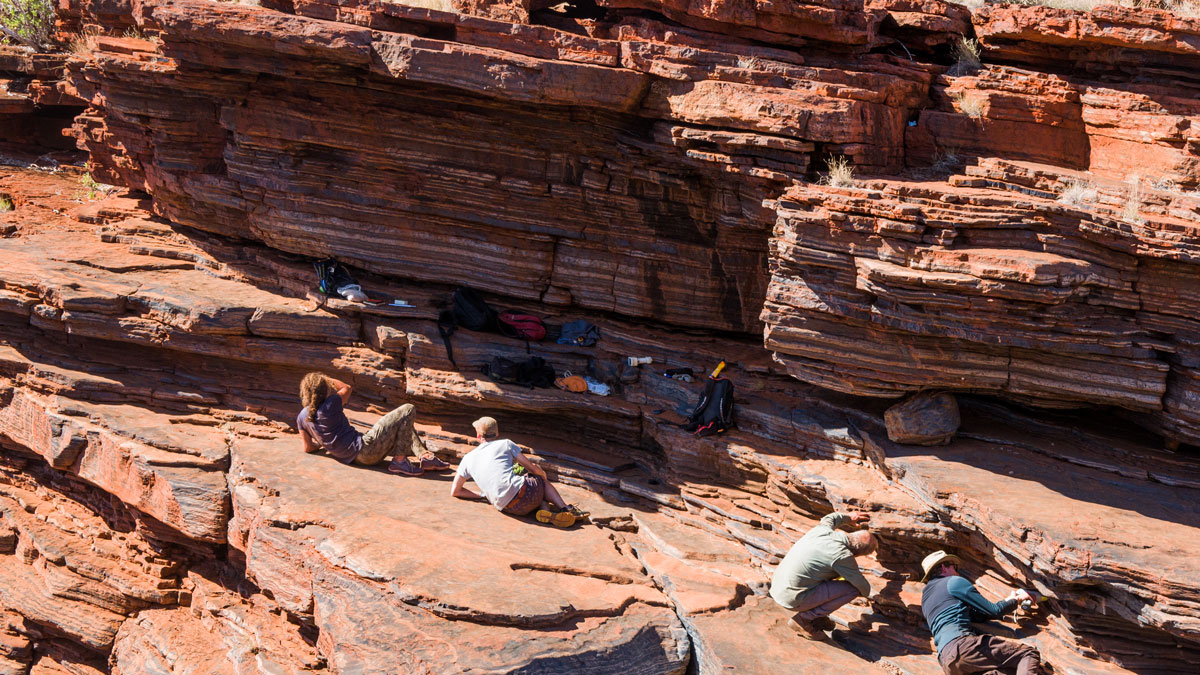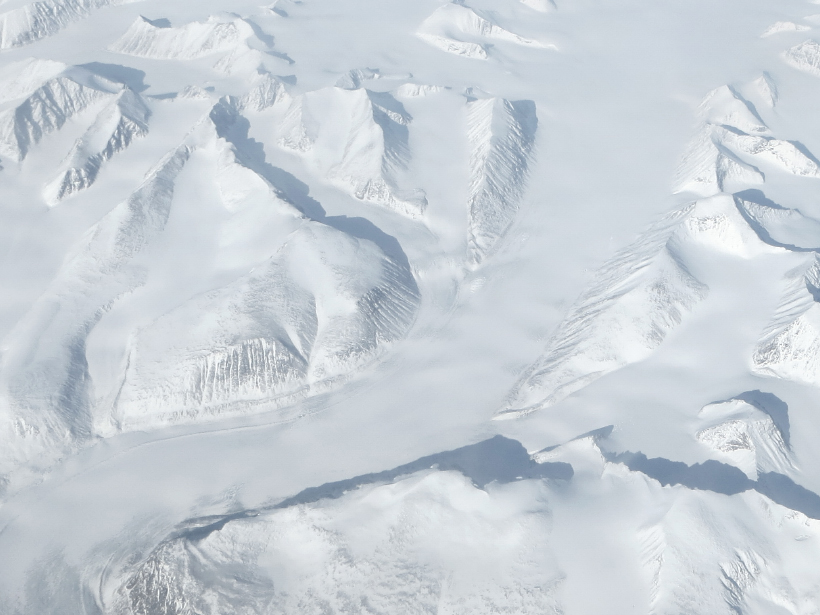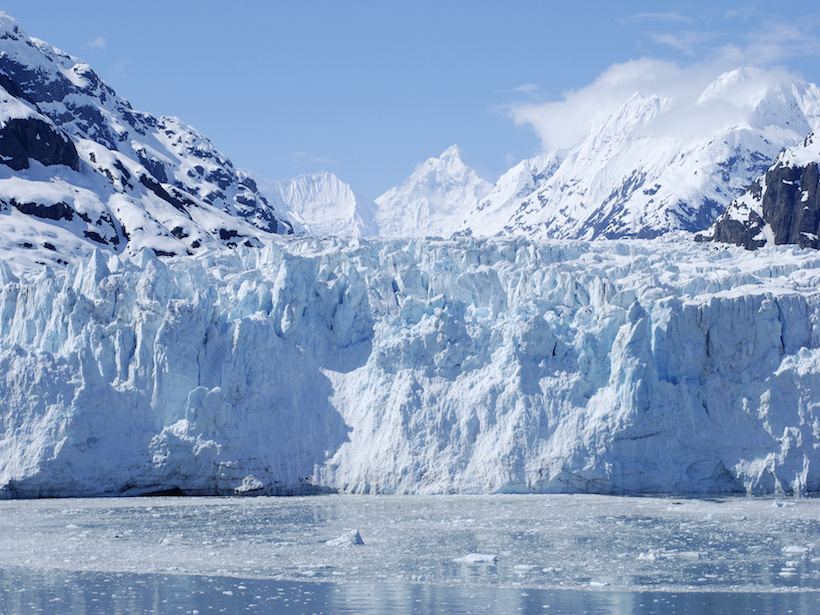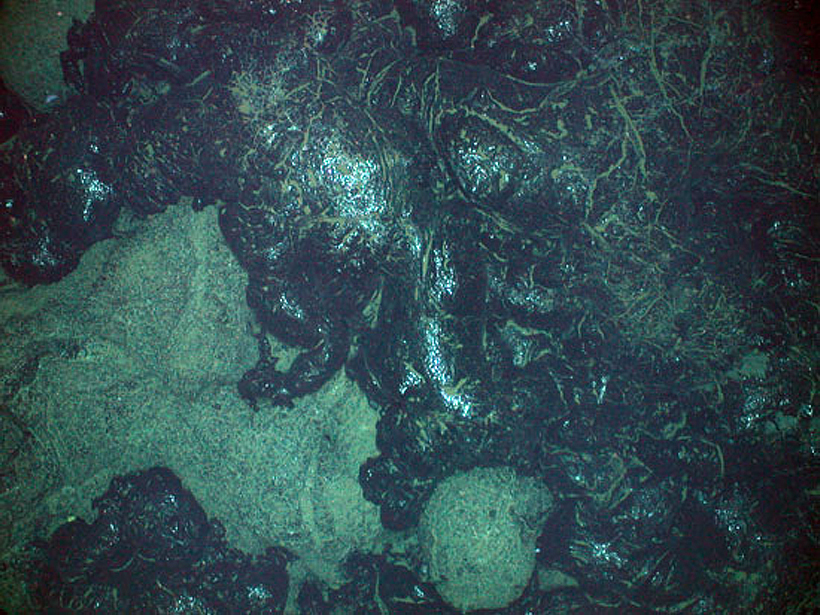Scientists are studying how the Earth–Moon distance has changed over time, and what effect that change might have had on our planet. Future changes will extinguish total solar eclipses entirely.
Milankovitch Cycle
Mars as a Driver of Deep-Sea Erosion
An analysis of breaks in deep-sea sediment links the geological record to a 2.4-million-year cycle that heats Earth and ventilates our oceans.
Ice Cores Record Long-Ago Seasons in Antarctica
Researchers used ice core data to reconstruct seasonal temperatures throughout the Holocene. The results link especially hot summers with patterns in Earth’s orbit.
A Day in the Life Used to Be 17 Hours
The Moon was a lot closer to Earth 2.46 billion years ago, and the shorter distance contributed to shorter days.
How Variations in Earth’s Orbit Triggered the Ice Ages
Researchers pinpoint how Milankovitch cycles have driven ice growth and influenced the timing of glacial periods.
Insights on Climate Systems from Interglacials
Interglacials provide insights into the impacts of warmer than present conditions in certain regions of Earth.
Earth's Climate Cycles Might Have an Eccentric Explanation
Mid-ocean ridge eruptions follow the cycles of tides and Earth's orbital eccentricity, indicating a possible role in long-term climate shifts.







